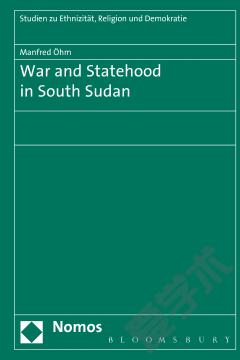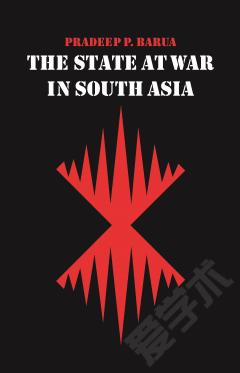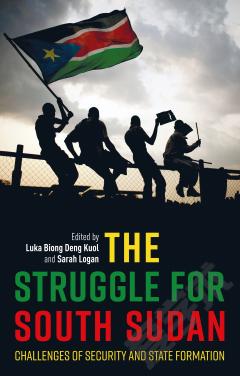War and Statehood in South Sudan
This study provides empirically based insights into the relationship between war, statehood and peaceful conflict resolution during the second Sudanese civil war and following the independence of South Sudan 2011. Several influencing factors have been identified: the dynamics of political and ethnic conflict; the authoritarian character of the former rebel movement (SPLM); the role of the church and of traditional leaders in local peace processes; and how the enormous presence of international aid organizations has affected both war and statehood. The empirical findings suggest that South Sudan is not an example of state failure, but rather part of a broader process of state formation. As such, this collection argues that state-building is indeed possible during war.The analysis of the independent South Sudan post-2011 illustrates that the country is still struck by strong political and ethnic conflicts and continued violence. This is a book that is relevant and full of insights for social scientists and practitioners of development co-operation.
{{comment.content}}








 京公网安备 11010802027623号
京公网安备 11010802027623号